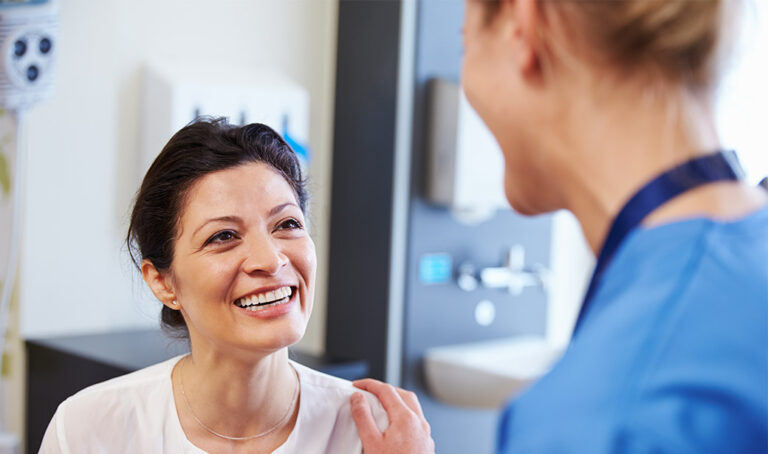Preparation for skin surgery
Although skin surgery is an outpatient procedure, it still requires you to take certain precautions and steps before the procedure. Following our recommendatrions– from a week before surgery to the day of – will help ensure the best possible outcome.
7 days before surgery
- Smoking slows down the wound healing, so we strongly recommend smokers to refrain at least a week before surgery and two weeks after.
- Avoid aspirin unless prescribed by your doctor. If your doctor has prescribed aspirin, keep taking it.
- Avoid Brufen, Voltaren, or other anti-inflammatory pain killers. These products will thin the blood and make it more difficult to control bleeding. If you have aches and pains, take Panamax instead.
- Stop taking Vitamin E, Ginko, Garlic, Fish Oil, and St. Johns Wort. These products will thin the blood and make it more difficult to control bleeding.
- Do NOT stop taking WARFARIN or PLAVIX.
- Inform us if you have pacemaker, defibrillator, mitral valve prolapse, heart valve replacements, prosthetic joints, or joint replacement surgery. If you have any of these conditions, we can take extra precautions to keep you as safe as possible during, and after, the surgery.
- Purchase Petroleum Jelly ointment (Vaseline) prior to your surgery date so that you have it at home for use after your surgery. Ointment is vitally important to the healing process.
- Depending on the site of surgery, your doctor may recommend: crutches, wrist brace, moon boots, antibiotics or sedatives. You will need to get them before your procedure.

Day of surgery
- Have a normal meal and drink a normal amount of water at the normal times on the day of surgery.
- Wear a dark coloured button-up shirt and comfortable non-constrictive pants; white is a bad color for surgery.
- If you tend to get cold easily, bring an extra jacket.
- We recommend that you bring a companion, especially if you think you might have problems driving home.
- Pay attention to the post-operative surgery instructions we will give you.
- Avoid drinking alcohol 24 hour before and after the surgery. Alcohol could thin your blood.
- Your doctor may recommend antibiotics or sedative to be taken before the surgery. You will need to fill in the script at your local pharmacy.
Practical instructions
- Take a bath or shower, shampooing your hair and soaping the surgical area to reduce the risk of infection. We recommend using anti bacterial soap.
- Do no shave the treatment area. Shaving could cause small pimples and subsequently infection. Trimming or clipping is OK.
- Do not wear make-up.
- Wear comfortable, loose-fitting clothes.
- Make sure your have some pain killers such as paracetamol and ice pack ready to use after you return home.
- Do not stop taking any of your medication unless instructed by your surgeon.
- Please arrange for a relative or friend to accompany you. You should not go home on public transport or drive following your surgery.
After the surgery
- Do not plan any activities, at least until the next day; only very limited activities are permitted.
- Do not engage in any strenuous activity or heavy lifting (greater than 5Kg) for the first week. Do not plan athletic or exercise activities for 2-3 weeks after surgery in order to allow your surgical site heal propertly.
- Apply ice pack to the area to decrease swelling and bruising.
- After facial surgeries, sleep with your head elevated for the first week (use extra pillow or in a recliner) to decrease swelling.
- Some oozing from beneath the dressing is normal, but if it seems excessive, apply gentle pressure with a bath cloth for 10 minutes continuously. If this does not stop the oozing, call our clinic at 3352 3827 or contact the afterhours doctor.
- You may eat as you feel able.
- Do not take any non-prescription pain medication except Panadol. Continue taking your prescribed medicines as usual.
- You may bathe as usual. The paper tape dressings we use can get wet; just pat them dry gently with a towel or use a hair drier to dry them afterwards.
- The dressing protects the wound and removing them yourself will likely disrupt the wound and cause pain and improper healing.
- Leave the dressings in place unless told by the doctor to remove the dressing. We usually remove them when you return for your first postoperative visit.


